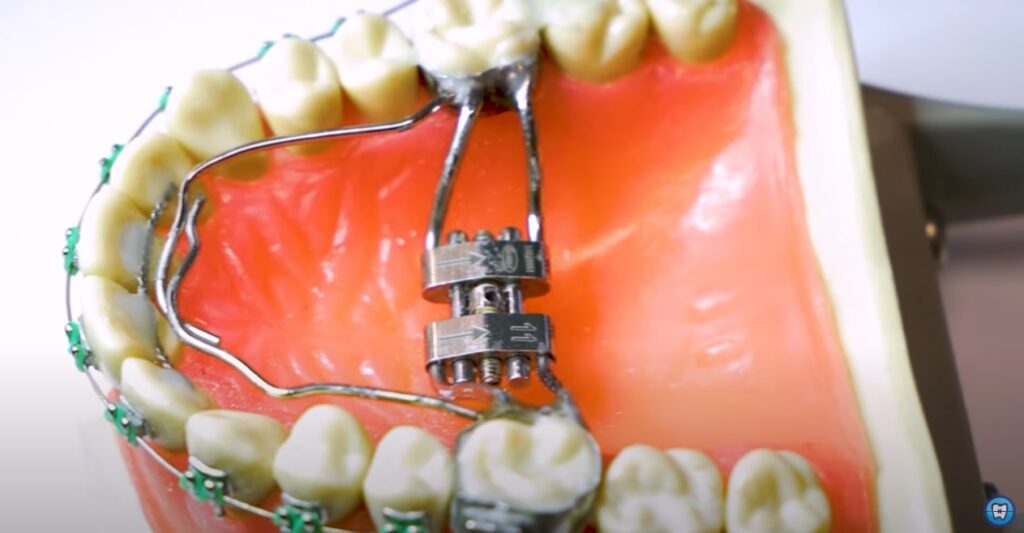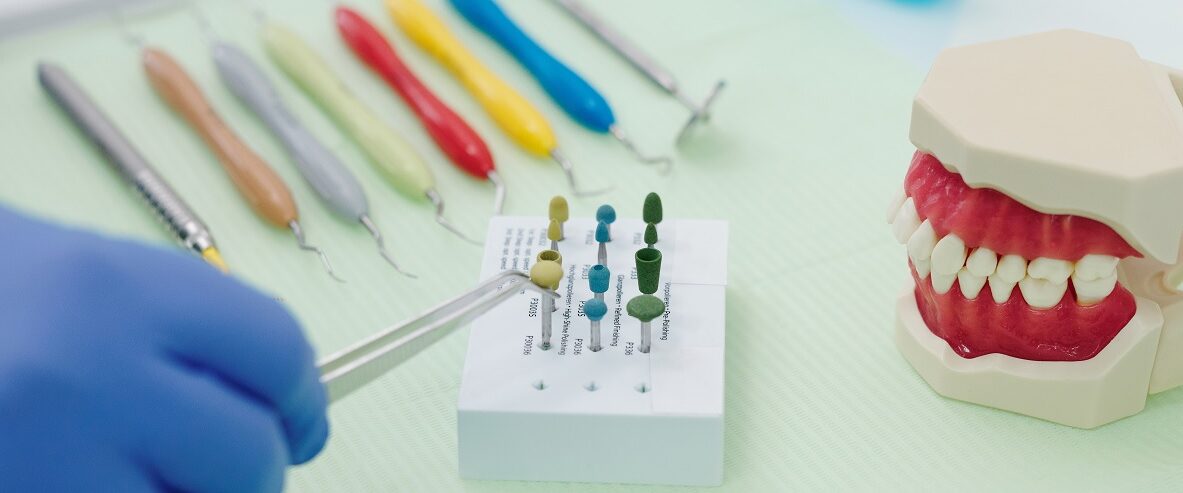
A beautiful smile not only enhances one’s appearance but also plays a crucial role in oral health and overall well-being. When it comes to correcting bite problems and achieving facial harmony, functional appliances are a valuable tool in orthodontic treatment. Functional appliances are specialized devices that aim to optimize jaw growth and development, ensuring a healthy bite and enhancing facial aesthetics. In this article, we will explore the purpose, types, and benefits of functional appliances in optimizing bite and facial harmony for healthy smiles.
What are Functional Appliances?
Functional appliances are orthodontic devices designed to address underlying skeletal and dental issues in growing patients. Unlike traditional braces or aligners that primarily focus on tooth movement, functional appliances work by influencing the growth and position of the jaws. They are usually recommended during the developmental years when the facial bones are still malleable and responsive to external forces.
Functional appliances utilize the natural forces of the oral musculature, such as the tongue and facial muscles, to guide the growth of the jaws, optimize bite relationships, and achieve facial balance and harmony.
Types of Functional Appliances
There are various types of functional appliances available, each with its own design and mechanism of action. Some common types include:
1. Herbst Appliance: The Herbst appliance is a fixed functional appliance that consists of metal rods and tubes attached to the upper and lower molars. It promotes forward growth of the lower jaw and encourages the upper and lower jaws to come into proper alignment.
2. Twin Block Appliance: The Twin Block appliance consists of two removable plates, one for the upper jaw and one for the lower jaw. It works by repositioning the lower jaw in a more forward position, improving the bite relationship and facial profile.
3. Bionator Appliance: The Bionator is a removable functional appliance that helps correct both dental and skeletal discrepancies. It positions the lower jaw in a forward and downward position, stimulating growth and improving the bite and facial harmony.
4. Forsus Fatigue Resistant Device: The Forsus appliance is a fixed functional appliance that consists of a spring mechanism that connects the upper and lower jaws. It assists in correcting bite problems, particularly in cases of overbites or deep bites.
Benefits of Functional Appliances
1. Bite Correction: Functional appliances are highly effective in correcting a variety of bite problems, such as overbites, underbites, crossbites, and open bites. By influencing the growth and positioning of the jaws, these appliances help align the teeth and optimize the bite relationship.
2. Facial Harmony: Functional appliances not only improve the bite but also enhance facial harmony and aesthetics. By guiding the growth of the jaws, they contribute to a balanced facial profile, improve the relationship between the jaws and the surrounding facial structures, and create a more pleasing smile.
3. Jaw Development: Functional appliances take advantage of the growing years to influence the development of the jaws. By stimulating proper growth and positioning of the jaws, these appliances can prevent or minimize the need for more invasive treatments, such as orthodontic surgery, in the future.
4. Improved Breathing and Speech: Functional appliances can also have a positive impact on breathing and speech. By optimizing the position and function of the jaws, they can help alleviate breathing difficulties, such as obstructive sleep apnea, and improve speech articulation.
5. Minimally Invasive: Functional appliances offer a relatively non-invasive treatment option compared to other orthodontic interventions. They often eliminate the need for extractions or jaw surgery, making them a preferred choice for patients and parents concerned about the invasiveness of treatment.
6. Enhanced Long-Term Stability: By addressing the underlying skeletal discrepancies, functional appliances promote stable and long-lasting results. They create a solid foundation for orthodontic treatment, improving the stability of the bite and reducing the risk of relapse. This means that once the functional appliance treatment is completed, the patient is less likely to experience significant changes in their bite or facial appearance over time.
Caring for Functional Appliances
Proper care and maintenance of functional appliances are essential to ensure their effectiveness and longevity. Here are some important tips for caring for functional appliances:
1. Oral Hygiene: Maintaining good oral hygiene is crucial when wearing a functional appliance. Patients should brush their teeth thoroughly after every meal and floss daily to remove food particles and plaque. Additionally, they should clean their functional appliance according to the instructions provided by their orthodontist or dentist.
2. Diet and Eating Habits: Patients should be mindful of their diet and avoid chewing on excessively hard or sticky foods that could damage or dislodge the functional appliance. It’s important to follow any dietary restrictions recommended by the orthodontist or dentist to prevent complications.
3. Regular Orthodontic Visits: Regular visits to the orthodontist are necessary to monitor the progress of the functional appliance treatment. The orthodontist will make any necessary adjustments and ensure that the appliance is functioning properly. These visits also provide an opportunity to address any concerns or questions regarding the treatment.
4. Compliance with Instructions: Patients must follow the instructions provided by their orthodontist or dentist regarding wearing and caring for the functional appliance. This includes wearing the appliance for the recommended duration each day and adhering to any specific instructions regarding adjustments, wear time, or other treatment-related guidelines.
5. Communication with the Orthodontist: If there are any issues, discomfort, or concerns related to the functional appliance, patients should communicate with their orthodontist promptly. The orthodontist can provide guidance on how to address the problem and make any necessary adjustments or modifications.
Functional appliances are valuable tools in orthodontic treatment, optimizing bite and facial harmony for healthy smiles. By influencing the growth and positioning of the jaws, these appliances address skeletal and dental irregularities, resulting in improved bite function, enhanced facial aesthetics, and long-term stability. They provide a minimally invasive treatment option that can significantly improve oral health, speech, and self-confidence. Proper care, regular orthodontic visits, and compliance with instructions are essential for successful treatment outcomes. If you or your child have bite problems or concerns about facial harmony, consult with an orthodontist to determine if functional appliances are the right treatment option to achieve a healthy, beautiful smile.
